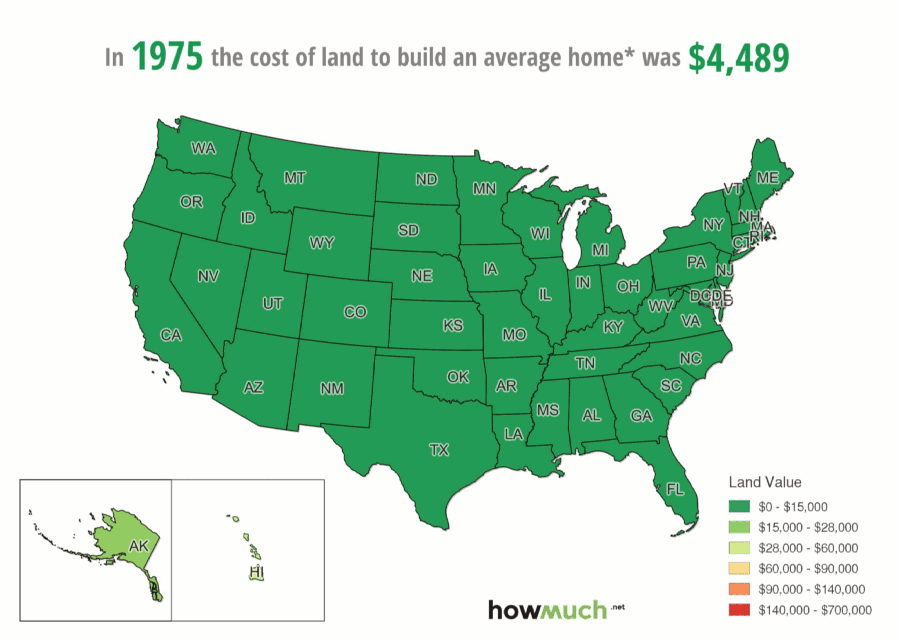States raise money through a variety of different taxes, fees and charges. They charge different rates for income, property, sales, fuel, wireless services and sins like alcohol and tobacco. This can make it hard to see how states compare to each other.

- Wyoming is the most tax-friendly state in the country. It has zero state income tax and on average charges only $635 per $100,000 of property value.
- Illinois is the most tax unfriendly state with a flat income tax of 4.95% with on average $2,408 in property taxes owed for every $100,000 of property value.
- 6 out of the top 10 most tax-friendly states have zero income tax.
- Tax levels vary substantially at the state level, with relatively heavy burdens in the Northeast and light tax levels across rural states like Alaska, Montana and North Dakota.
We performed a few different calculations to arrive at the data underlying our spider diagrams. First, we took tax rate information from Kiplinger and found the effective tax rate with a calculator from SmartAsset, using the median U.S. household income of $61,937. We assumed an average worker lived in the state capital with no dependents. Then, we weighted each category of taxation based on their contribution to total state taxes, including taxes on income, sales, fuel, property, wireless services and “sin” taxes like alcohol and tobacco. Finally, we used the summary of the weighted scores to create the ranking of most and least friendly states for taxation.
Top 10 Best States for Taxes
1. Wyoming
2. Delaware
3. Alaska
4. Montana
5. Nevada
6. New Hampshire
7. Florida
8. North Dakota
9. Tennessee
10. Oregon
Top 10 Worst States for Taxes
1. Illinois
2. New York
3. New Jersey
4. Connecticut
5. Pennsylvania
6. Nebraska
7. Ohio
8. Kansas
9. Wisconsin
10. Michigan
It shouldn’t come as a shock to anyone that Illinois is the least tax friendly state in the Union. For two years, the state couldn’t pass a budget, costing taxpayers an additional $1 billion in late payments and surcharges. In fact, the state is on track to reach a deficit of $3 billion this year. Illinois taxpayers are therefore on the hook for lots of new taxes and fees.
Another story in our visual is how state income taxes in particular impact the overall tax burden that workers face. 9 states have zero income tax, 6 of which are in our top 10 list above (Wyoming, Alaska, Nevada, New Hampshire, Tennessee and Florida). Income taxes are a major factor in overall taxation because they’re progressive, meaning high-income earners pay higher marginal rates. Florida’s status as an income-tax free state is one reason why many people move to the Sunshine State in retirement.
Our visualization also demonstrates how states levy uneven taxes on workers. The media pays a lot of attention to Trump’s tax cuts and Democrats’ wealth tax proposals, however there are several states in the Northeast with extremely high tax burdens, like New York, New Jersey and Connecticut. By contrast, many rural states like Wyoming, Montana and North Dakota have very light tax levels. Congress and the President simply aren’t able to address these disparities.
There are lots of good reasons for different tax rates around the country. New York must raise revenue for infrastructure projects that other states simply don’t have. For example, the Gateway Program encompasses a major overhaul and renovation of the Northeast Corridor train network, which links together millions of people. And there are lots of rich people living in the area who can foot the bill.
What are the state tax rates where you live? Do you think the money is well spent, or is the state budget mismanaged? Let us know in the comments.
Data: Table 1.1
About the article
Authors
Irena - Editor




